![1 Locate S - Wicked Jaw [Sky Blue]](http://vinyl.com/cdn/shop/files/4217742-2982879.jpg?v=1693273095&width=5760)
Limited Edition
Wicked Jaw [Sky Blue] Vinyl
From teddy grahams to pussy hats, California forest fires to cash cabs, the stuff of American nostalgia and horror adorns a personal reckoning on Christina Schneider's triumphant third album as Locate S, 1.
With a name culled from a Daschel Hammitt noir novel, Wicked Jaw pulls from wildly disparate references and textures to survey the history of American pop music. The Athens, Georgia based songwriter, producer, and virtuosic pop connoisseur authored the album over two years while beginning treatment for childhood sexual abuse by a relative.
"I was using these songs as an expression valve for all of these different parts (of myself) that I was trying to integrate, " she explained. The result is a surprisingly tender and often jubilant set of conversations with the ghosts of painful memories, Schneider transforming her metaphysical scars into gleaming armor as she redefines herself on her own terms.
Following 2020's Personalia, an album Schneider created in collaboration with producer and romantic partner Kevin Barnes (Of Montreal) - where reviews often displaced credit for Schneider's intricate electropop to Barnes - Wicked Jaw finds Schneider decidedly and unequivocally at the helm, as the album's sole producer.
It's a stylistic departure from Personalia in many ways, beyond personnel. Spanning decades and genres from doowop to cold wave, disco to soft rock, Wicked Jaw has the vitality of full band tracking at it's core. Wicked Jaw both is and isn't a pandemic album. The dystopic terror of COVID-19 is an omnipresent touchpoint in the songs, which Schneider began writing in the summer of 2020, but the virus functions as a gateway for interpersonal analysis and reflection.
What does it mean to be an American in the 21st century? What does it mean to be a woman? What does it mean to be a survivor? Schneider digs tunnels into collective memory on songs like "Go Back to Disnee, " a devastating bossa nova track that could soundtrack an episode of White Lotus. Wicked Jaw offers a similar therapeutic release upon repeat listens as it did for Schneider when she wrote it. It's a portrait of commanding and loving resilience in the face of victimization and apocalyptic doom.
The potency of these songs resides not in their grasping toward the heavens, seeking escape or transcendence, but rather from digging in the dirt, sitting with it, and really seeing the worms and rot and entropy in vivid technicolor. "This is about me, but I hope other people relate to it, " Scheider said. "I have all these emotional problems that make me react like a fucking monster, but that is also forged by my experience and there's something there that I can be proud of, that's part of my survival. I can't just cut the head off - I have to integrate it into myself."
TRACKLIST
I’ve placed my order, when will I receive it?
In the US, 97% of orders are delivered within 2-5 business days, although it can take longer.
International delivery normally takes around 2 weeks, although it can take up to 21 business days depending on location and domestic carriers.
When you place an order, you receive a confirmation email with the tracking information to make sure you know where your package is at all times.
I received the wrong record. What do I do?
In very rare instances you may receive the wrong record, please don’t stress! Send an email to support@vinyl.com with a photo of the record and we will be in contact with the next steps.
What do I do if my order arrives damaged?
If the products in your order are damaged, contact us immediately at support@vinyl.com.
Please include all the information regarding the problem, and photos of the damage, and we will be in contact with the next steps.
What's your refund and return policy?
On the very small chance you’re not satisfied with your purchase i.e. you receive damaged, defective, or incorrect item(s) from Vinyl.com, you may return the product(s) within 30 days of delivery. When we receive the item(s) and verify the return of product(s), we will send you a replacement(s) or issue a full refund for the item
What is Shipping Protection?
Shipping Protection is our commitment to ensuring your package arrives safely at its destination.
If your shipment encounters any issues—such as being lost, damaged, or stolen—we will take prompt action to resolve the problem.
By opting for Shipping Protection, you gain peace of mind knowing you're protected against unforeseen shipping complications.
Note that Shipping Protection is non-refundable.

![Various Artists - Once Upon A Time: The Tarantino Sound [Red 180-Gram]](http://vinyl.com/cdn/shop/files/4376720-3283530.jpg?v=1733870948&width=5760)
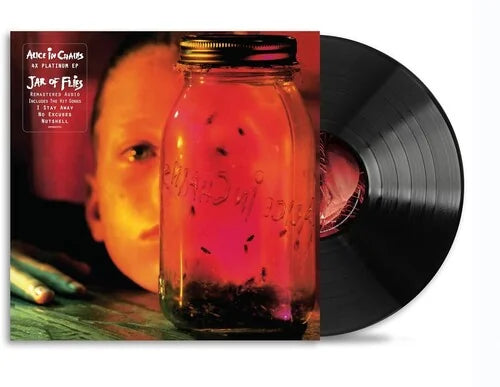
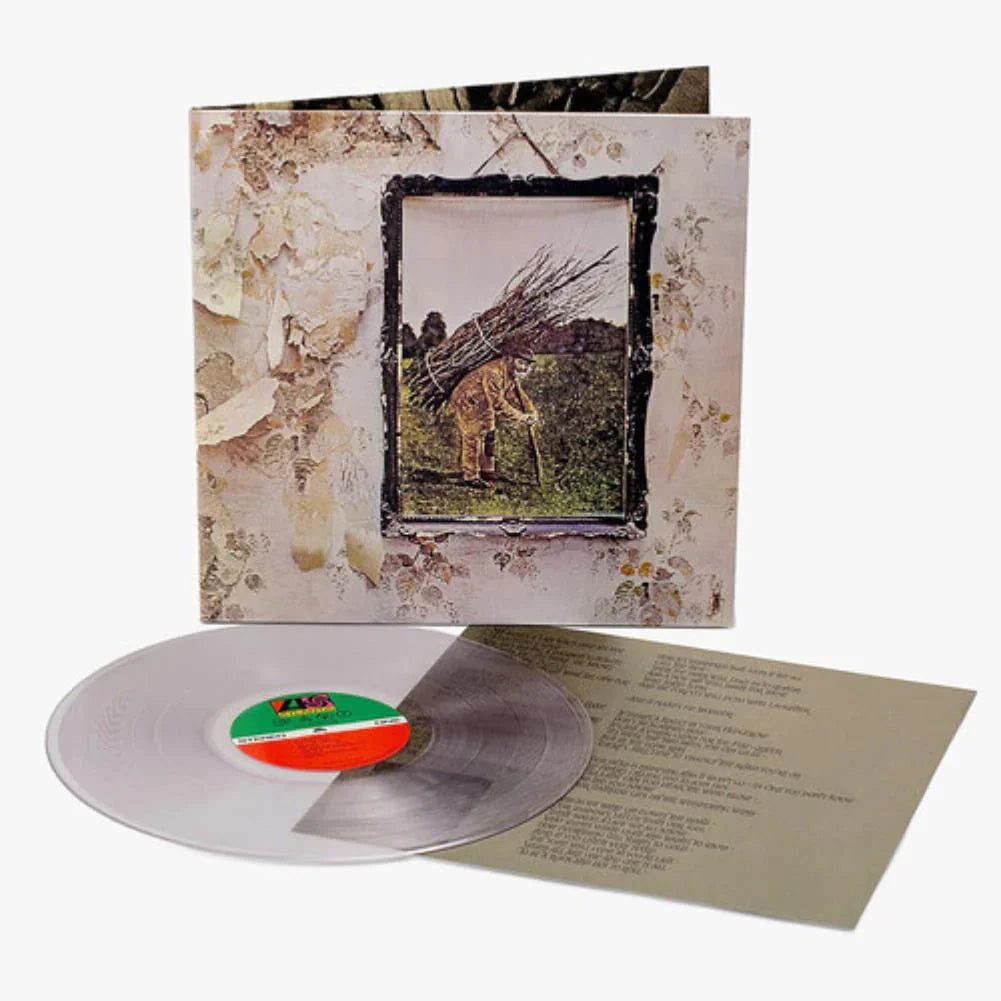
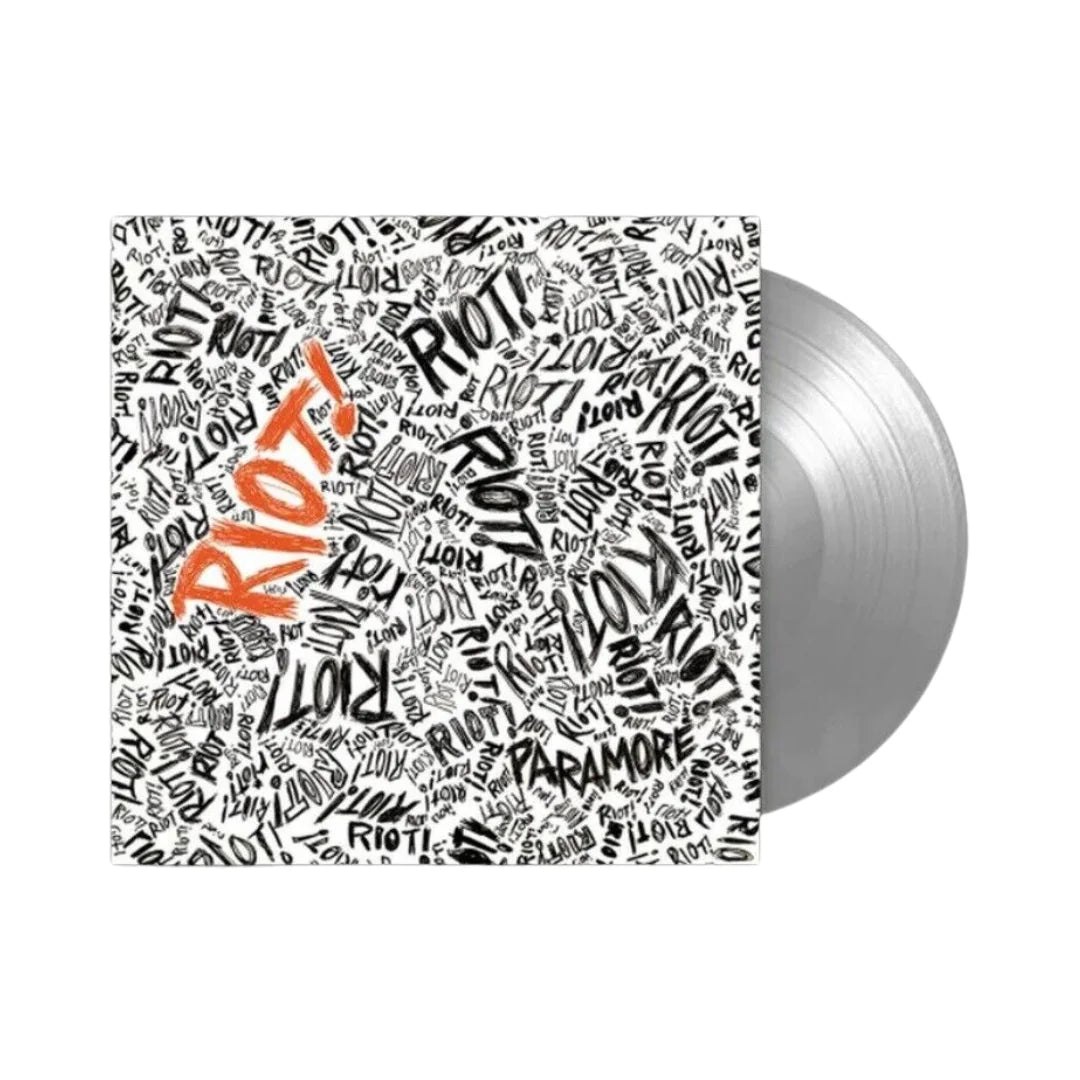
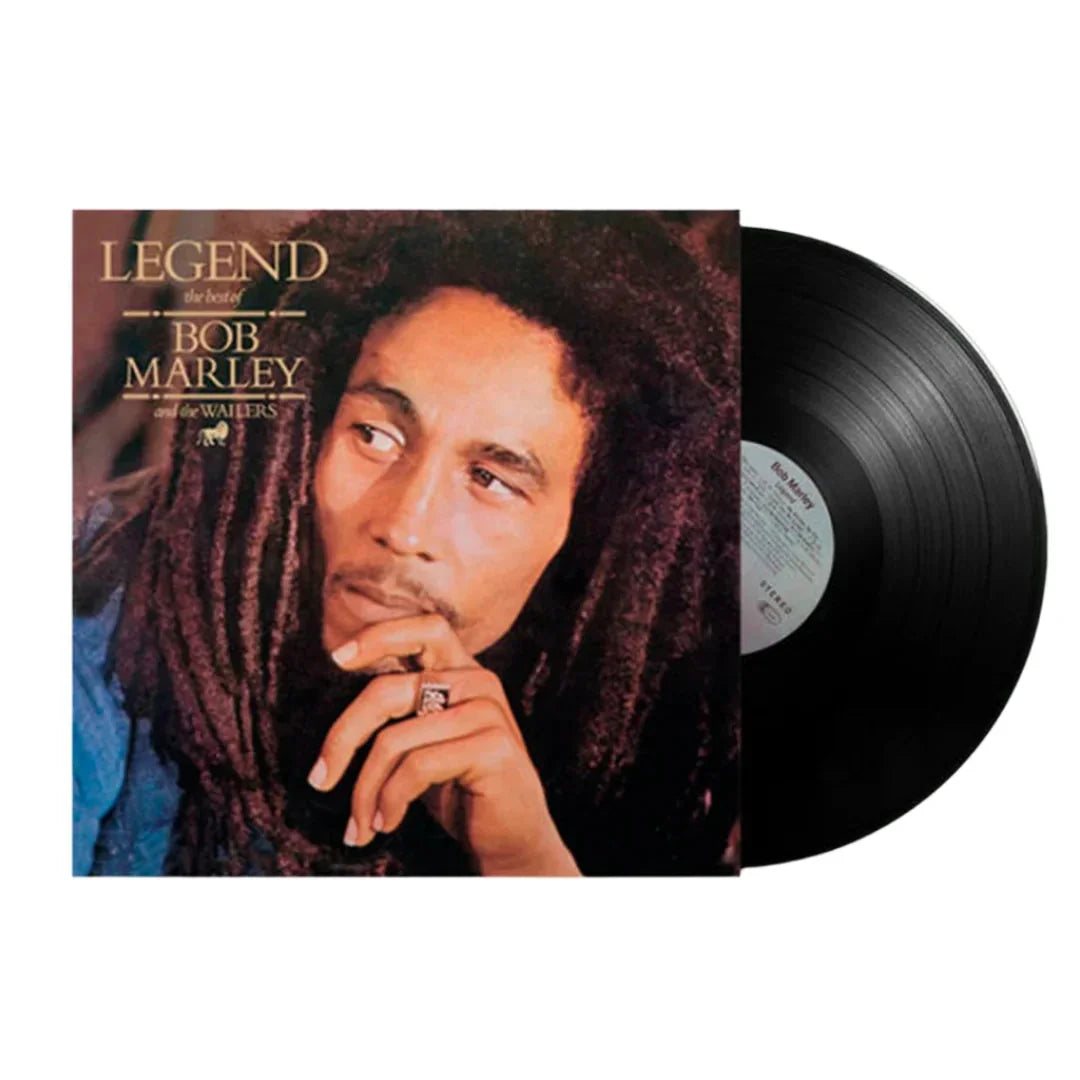

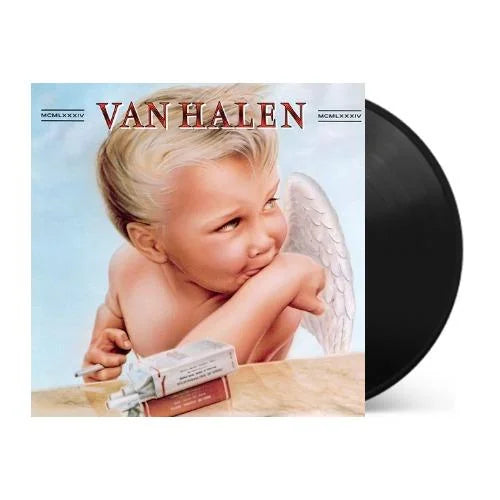

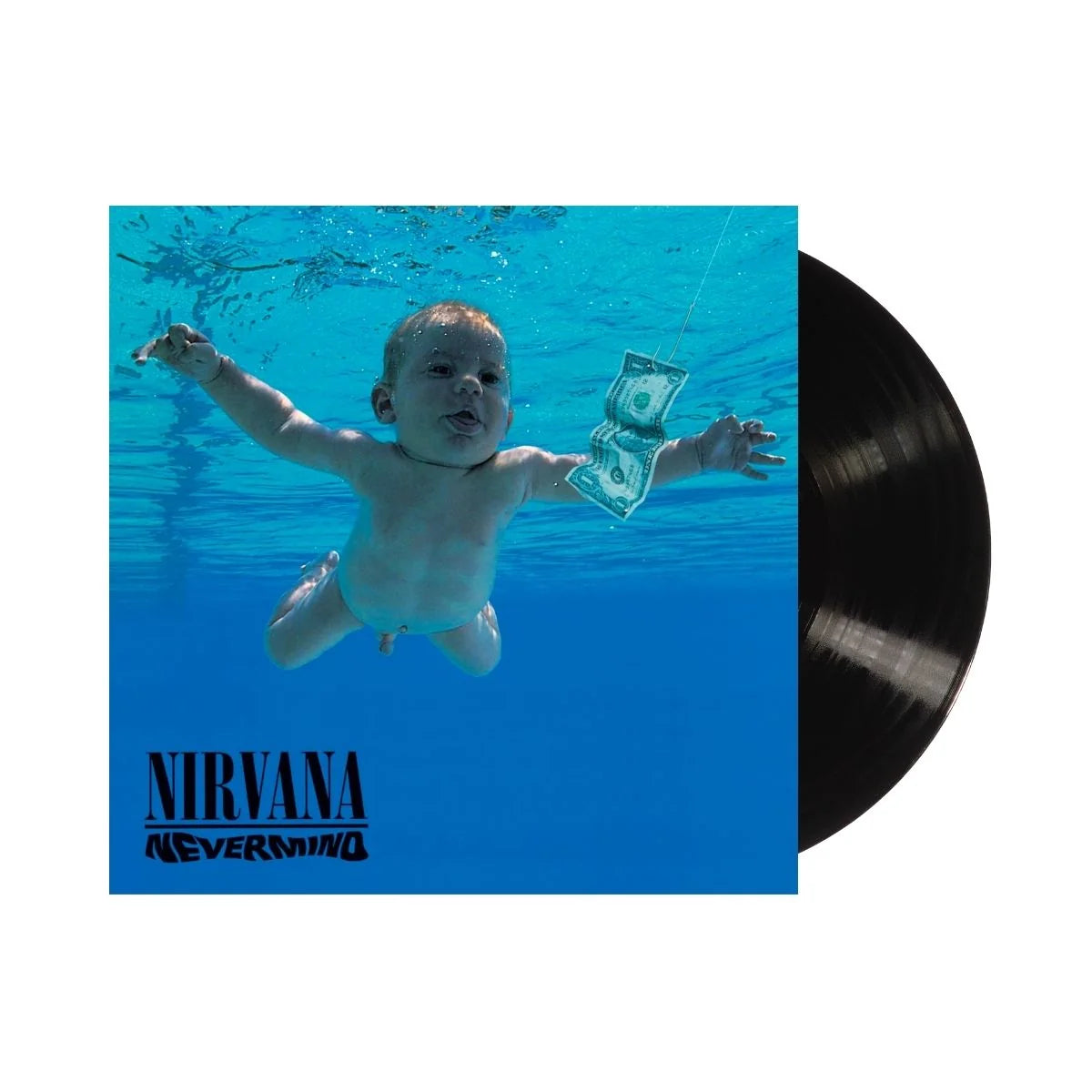
![The Grateful Dead - The Music Never Stopped [6LP Box Set]](http://vinyl.com/cdn/shop/files/The_Grateful_Dead-The_Music_Never_Stopped__6LP_Box_Set.jpg?v=1747729623&width=5760)
![The Grateful Dead - Madison Square Garden, New York, NY 3/9/81 (2023 Rocktober Edition) [5LP Box Set]](http://vinyl.com/cdn/shop/files/4247396-3042523.jpg?v=1758034700&width=5760)


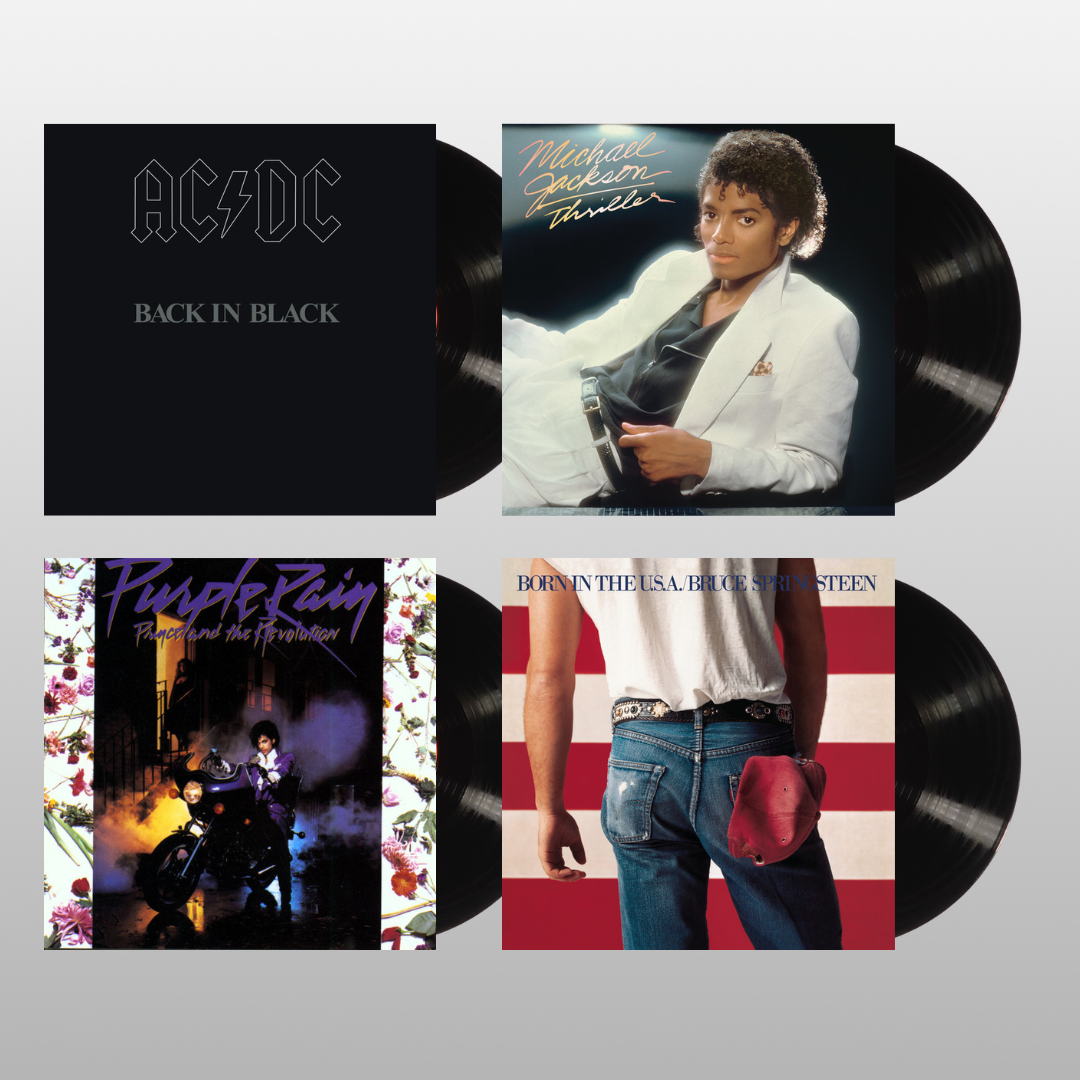
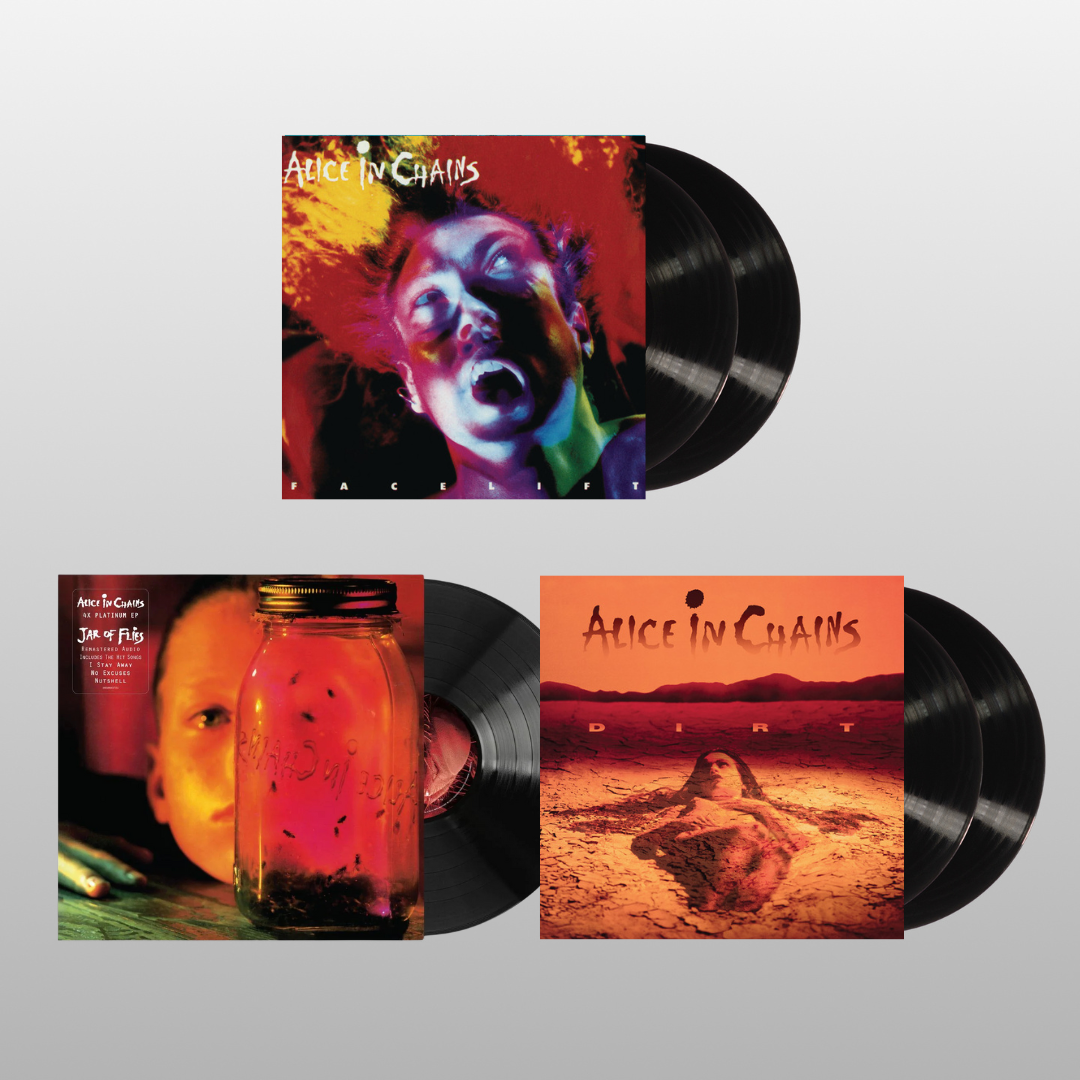



![(hed) p.e. - New And Improved [Pink]](http://vinyl.com/cdn/shop/files/4425252-3389420.jpg?v=1746578880&width=5760)
![11/5 - A-1 Yola [2LP Orange Swirl]](http://vinyl.com/cdn/shop/files/3992138-2728122.jpg?v=1684200429&width=5760)
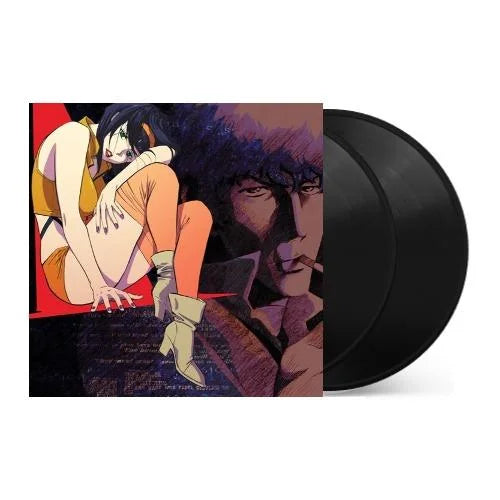
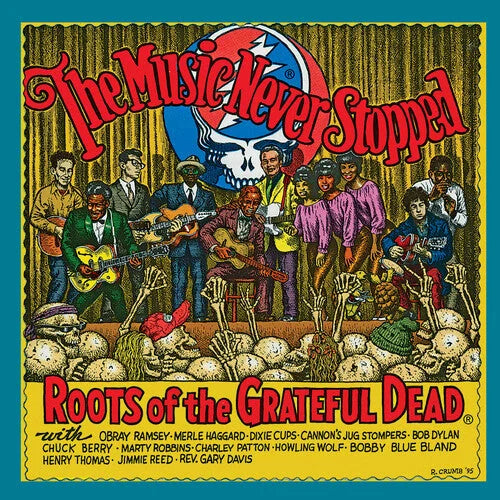


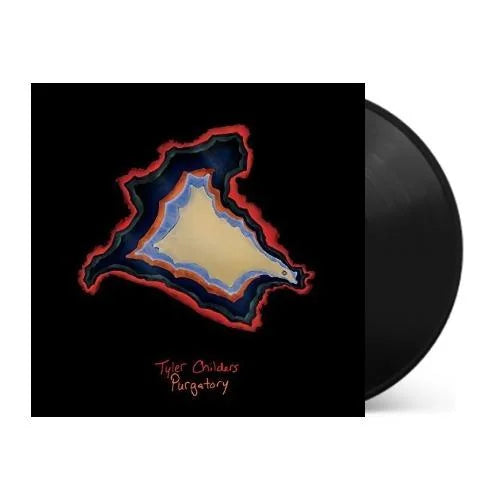
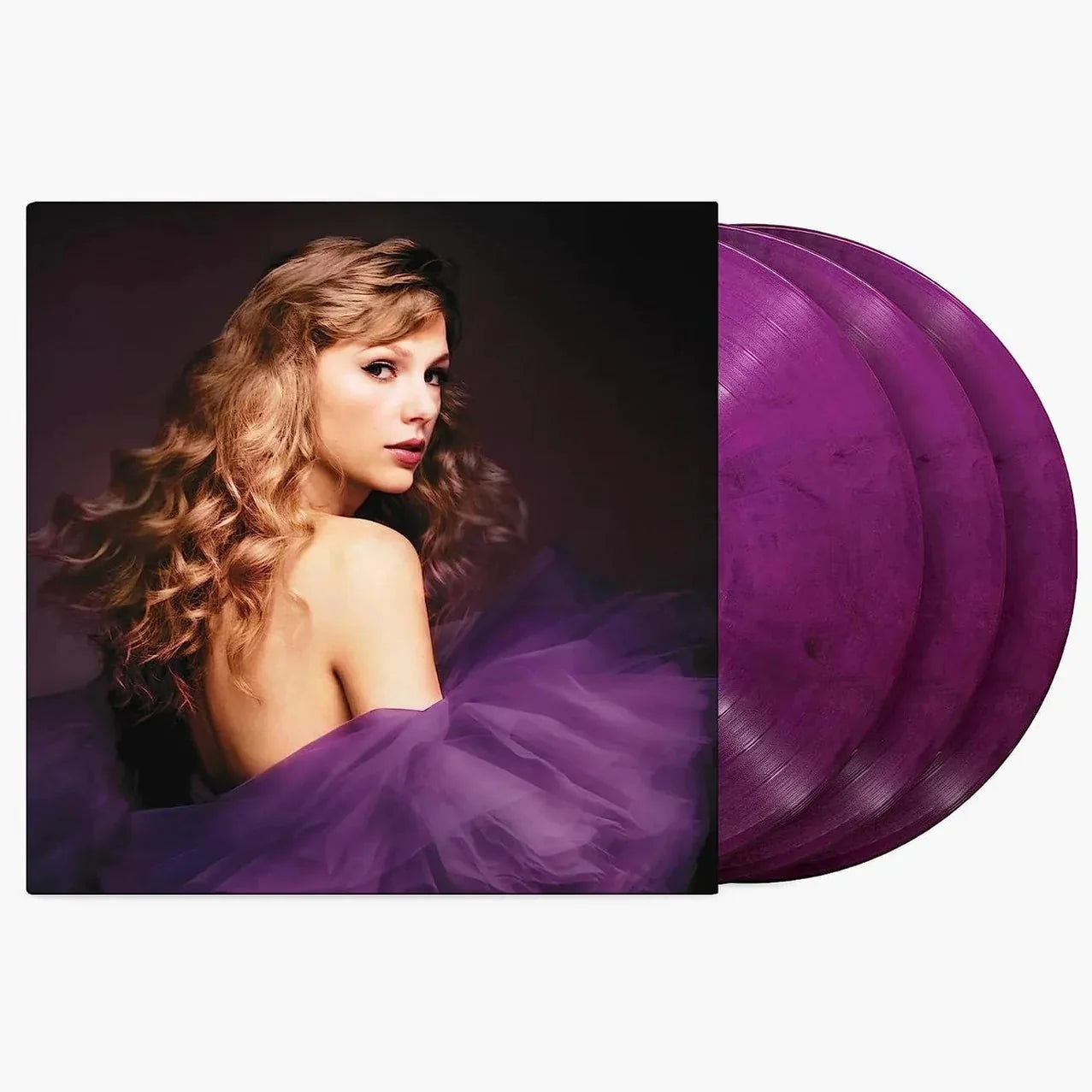
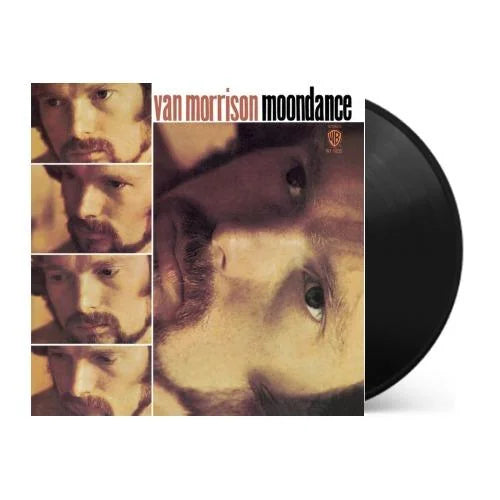
![Zach Bryan - American Heartbreak [3LP]](http://vinyl.com/cdn/shop/files/Zach_Bryan-American_Heartbreak_3LP.webp?v=1764838852&width=5760)
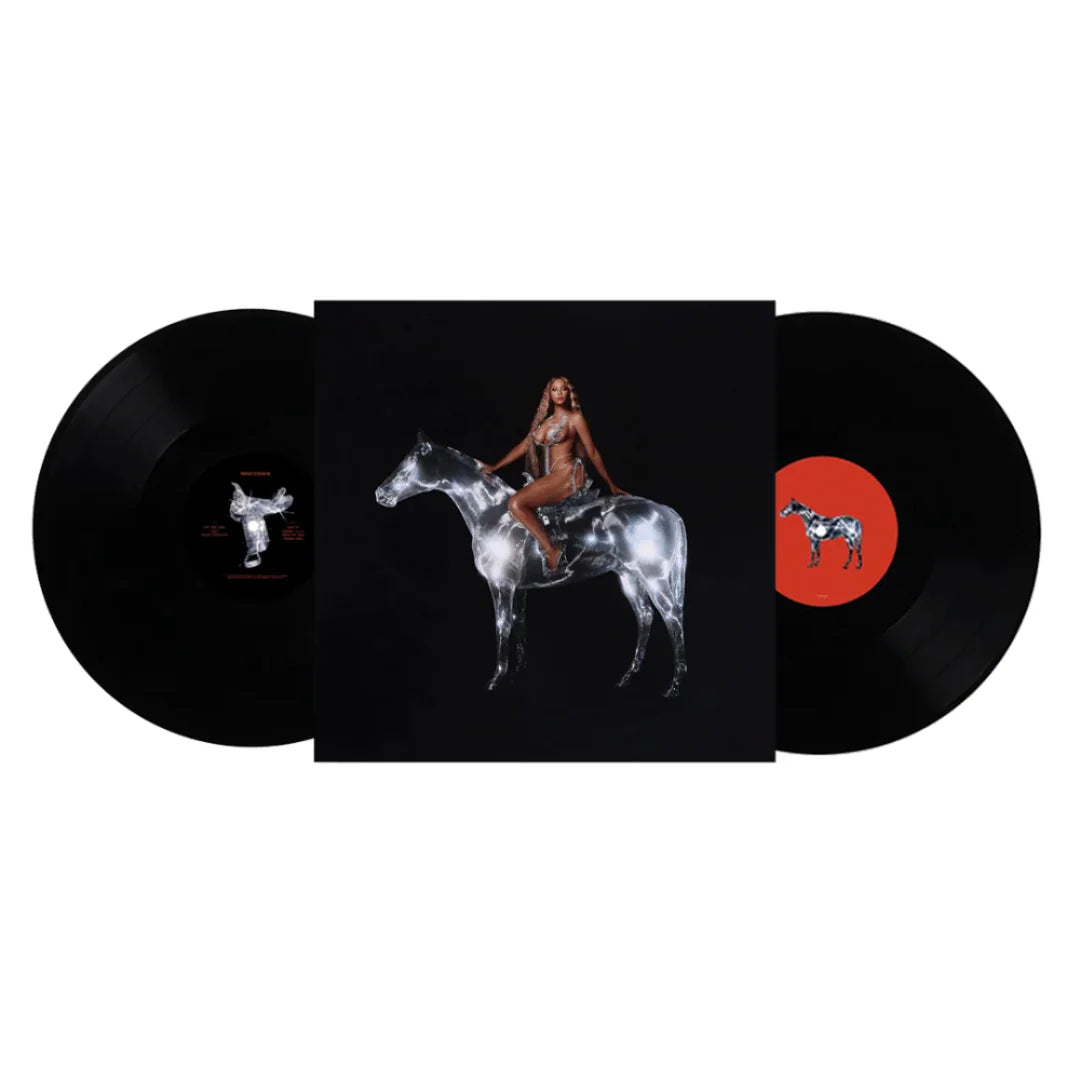
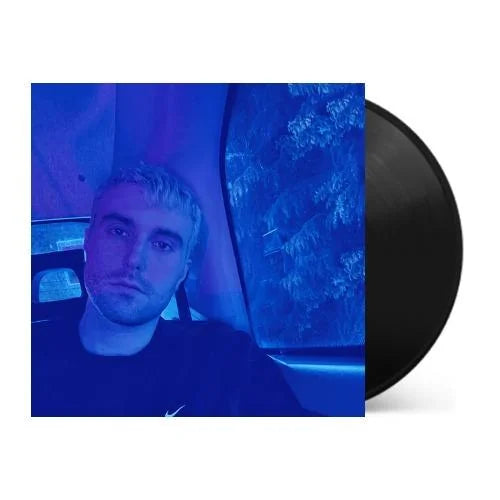
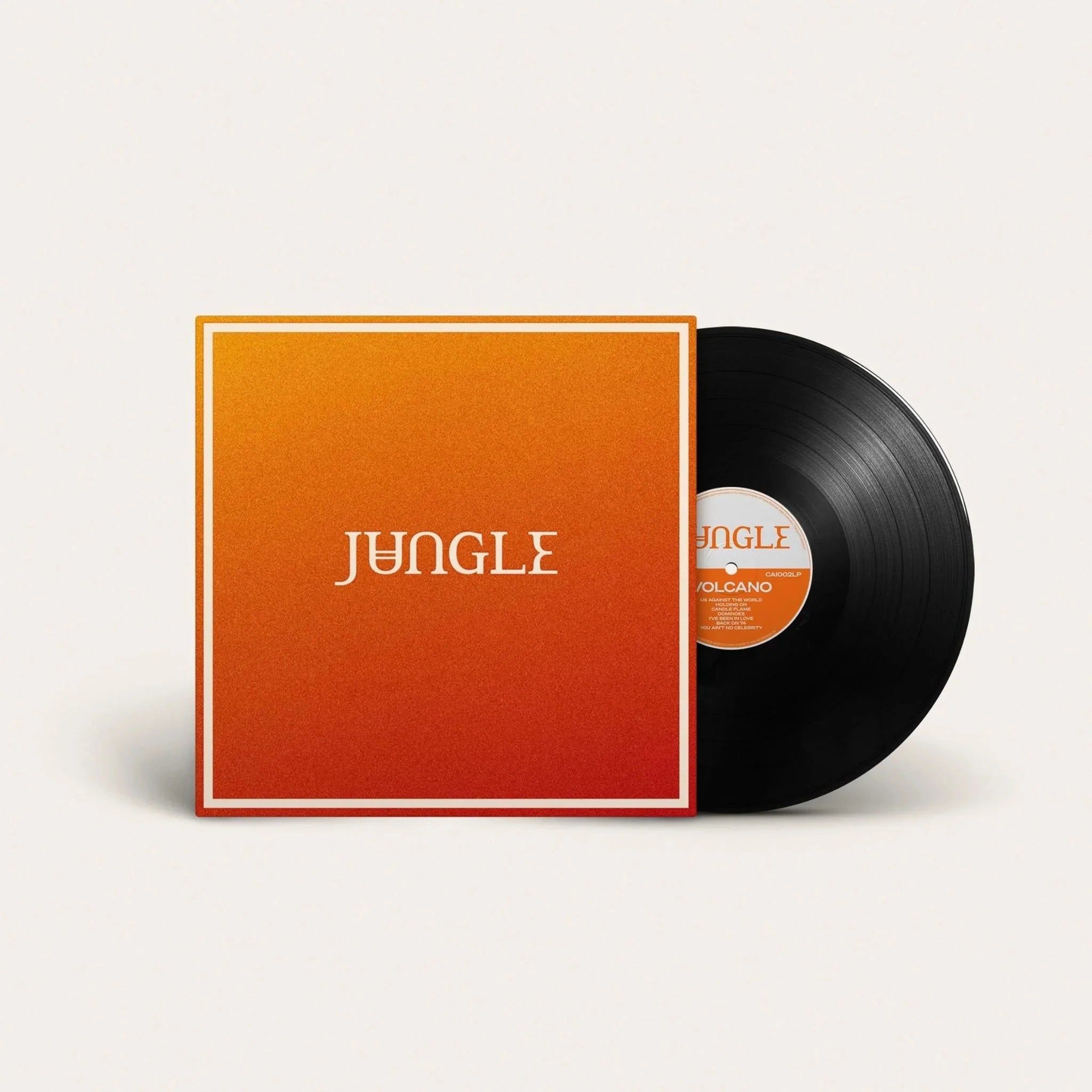
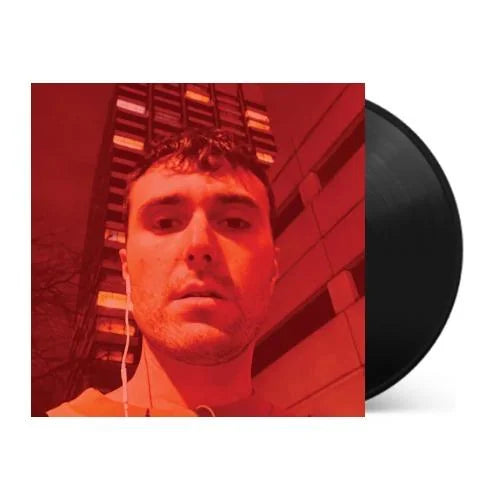
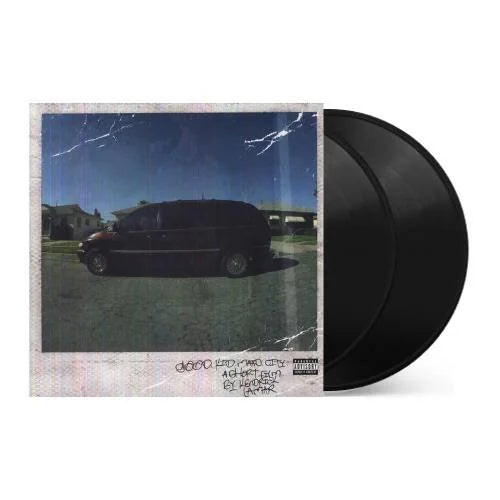
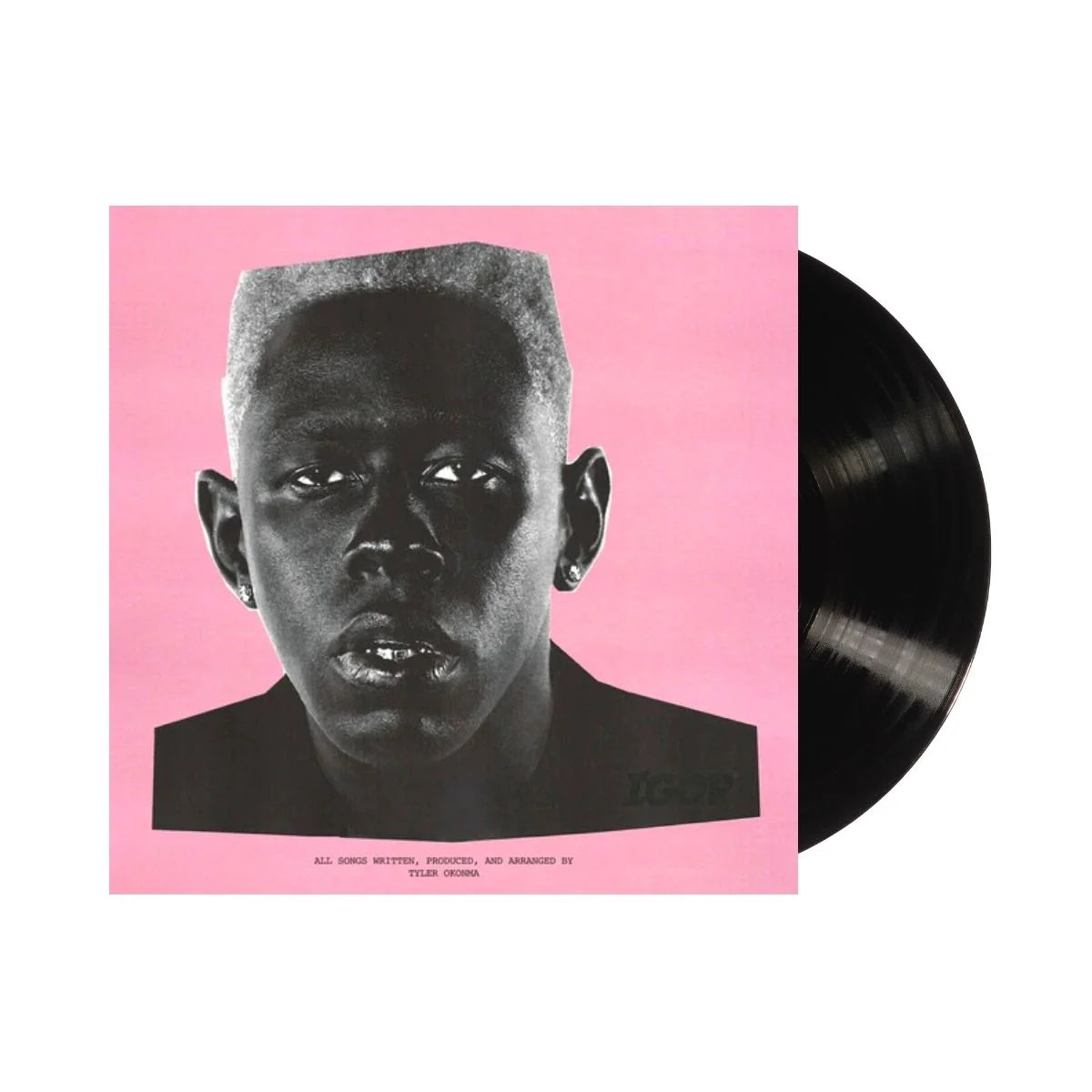
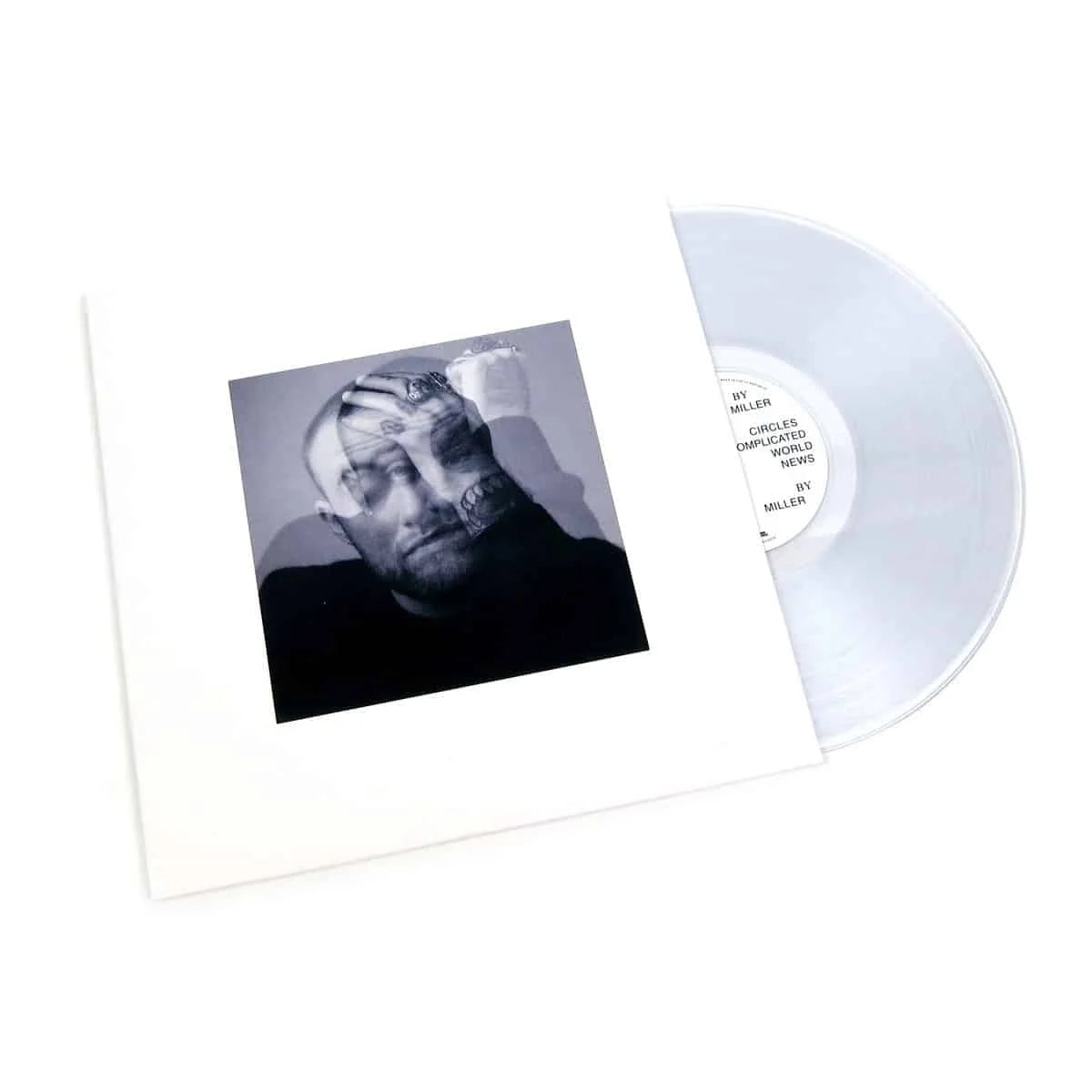

![Miles Davis - Kind of Blue [180-gram]](http://vinyl.com/cdn/shop/files/Y4LPMD03.webp?v=1742198237&width=5760)
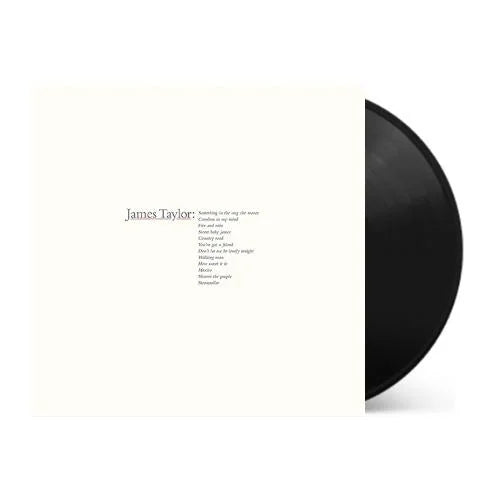

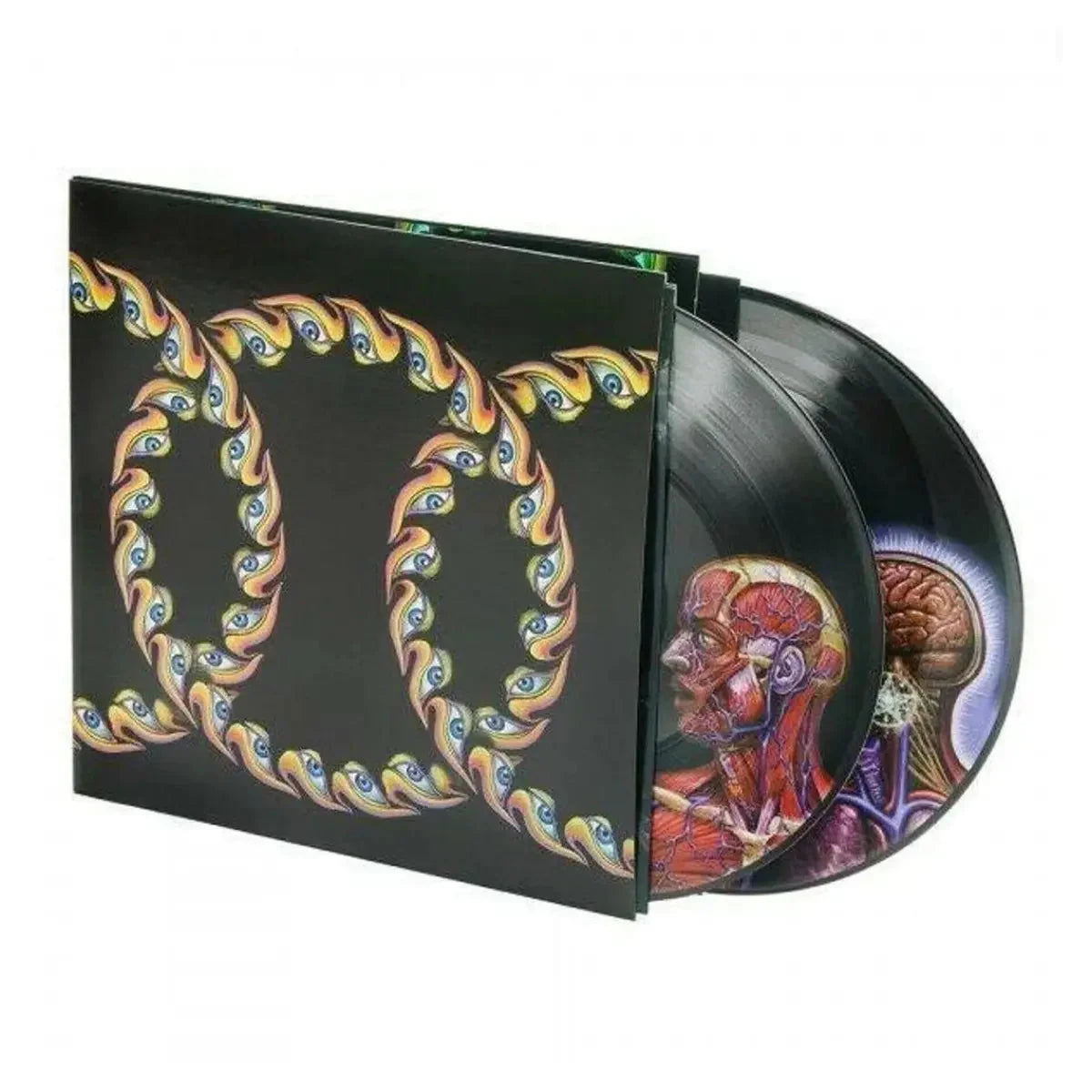
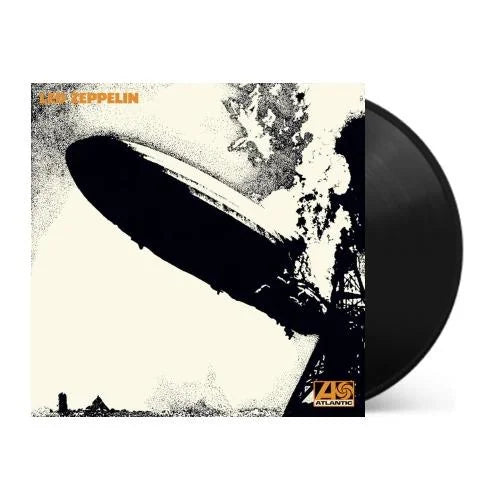
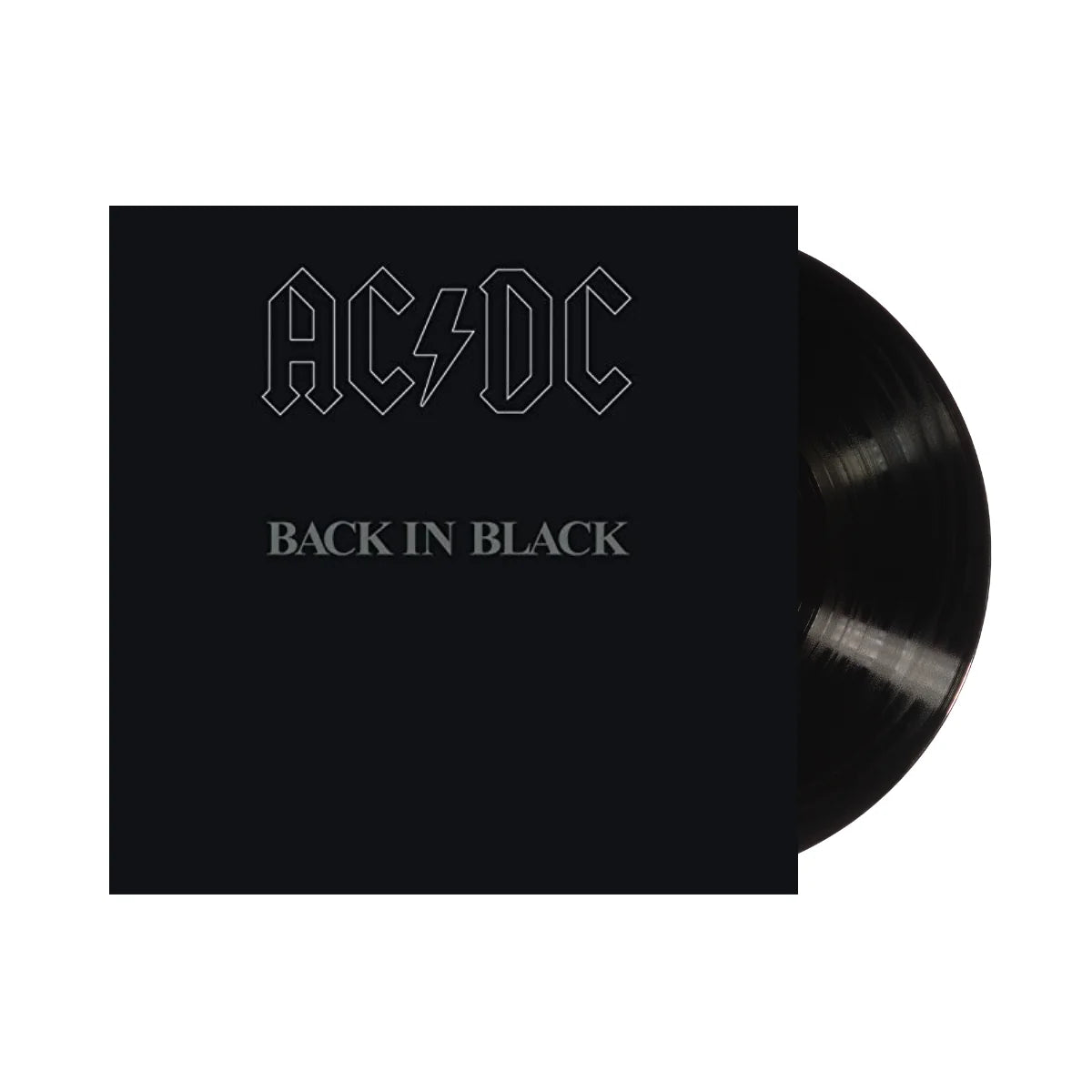
![Taylor Swift - folklore [2LP Beige]](http://vinyl.com/cdn/shop/files/477929-Product-0-I-637317959467683009_grande_a6f82db0-1cb7-45c5-8892-ed79af261e80.webp?v=1736750683&width=5760)


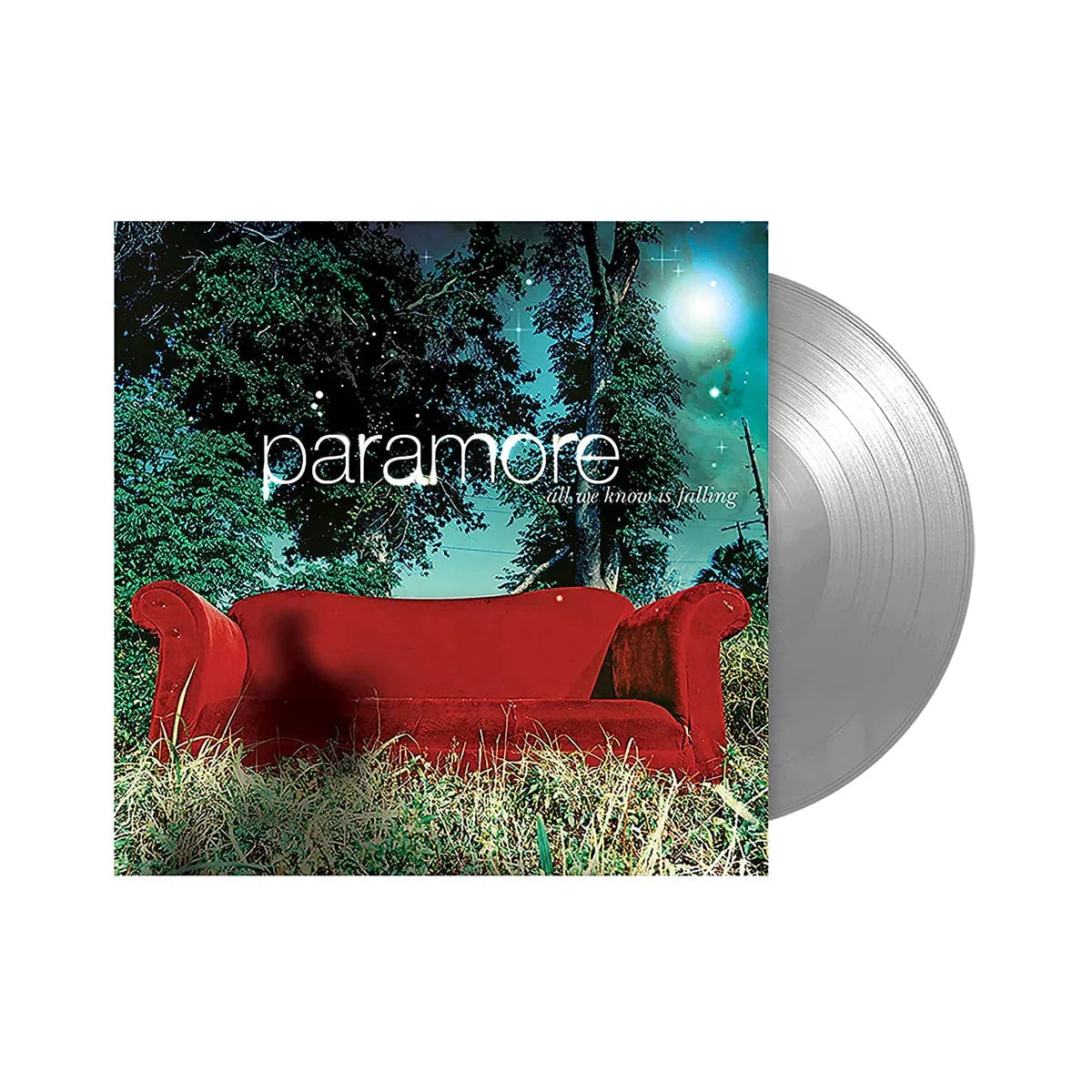

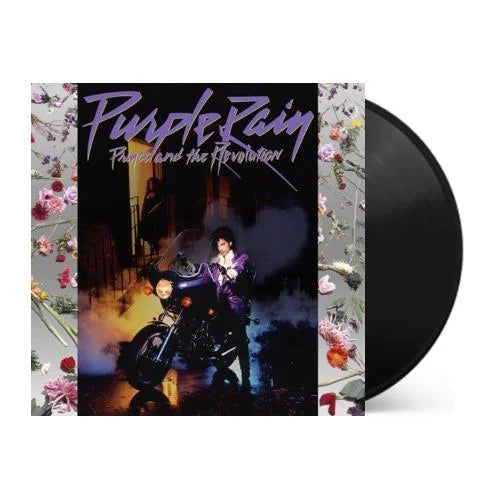
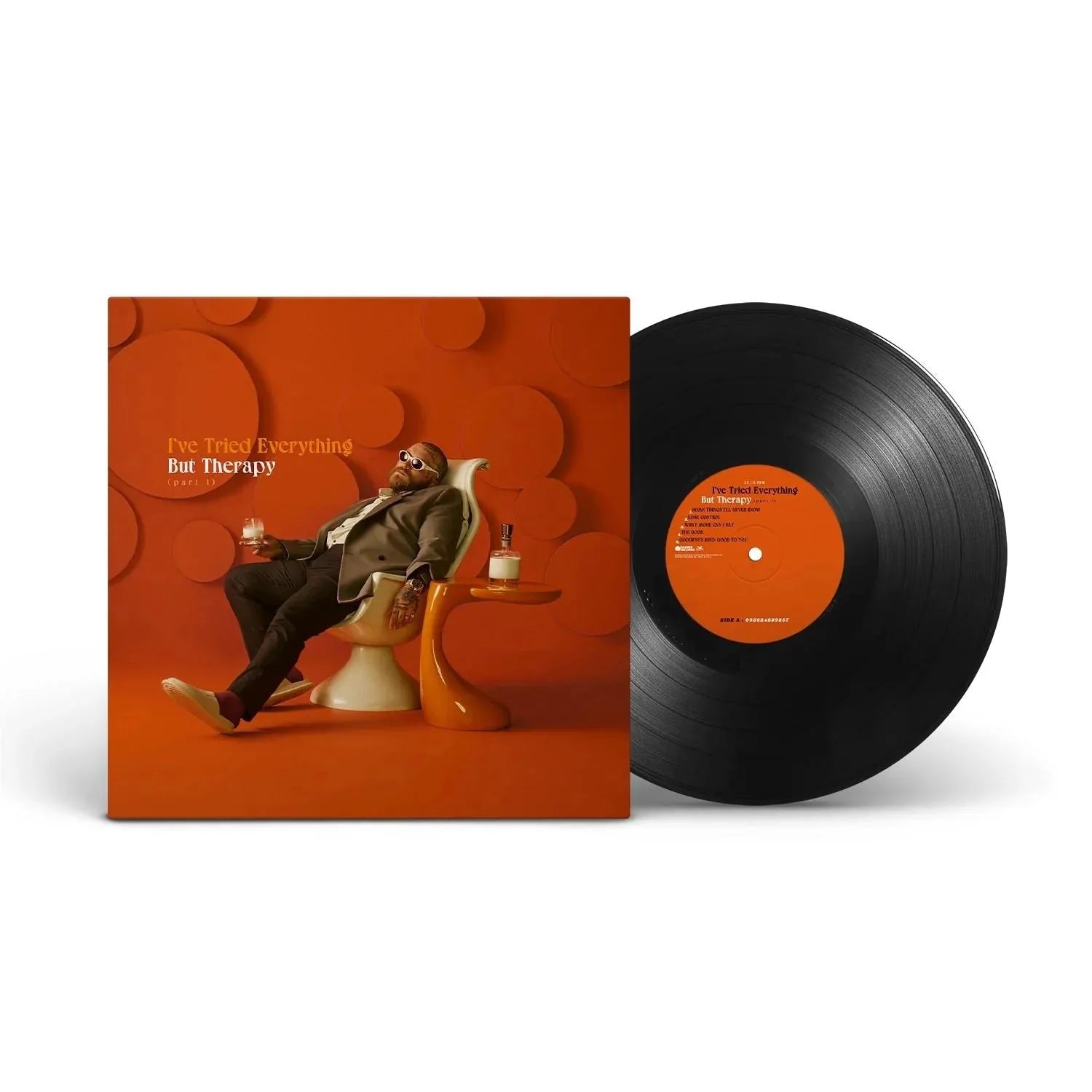
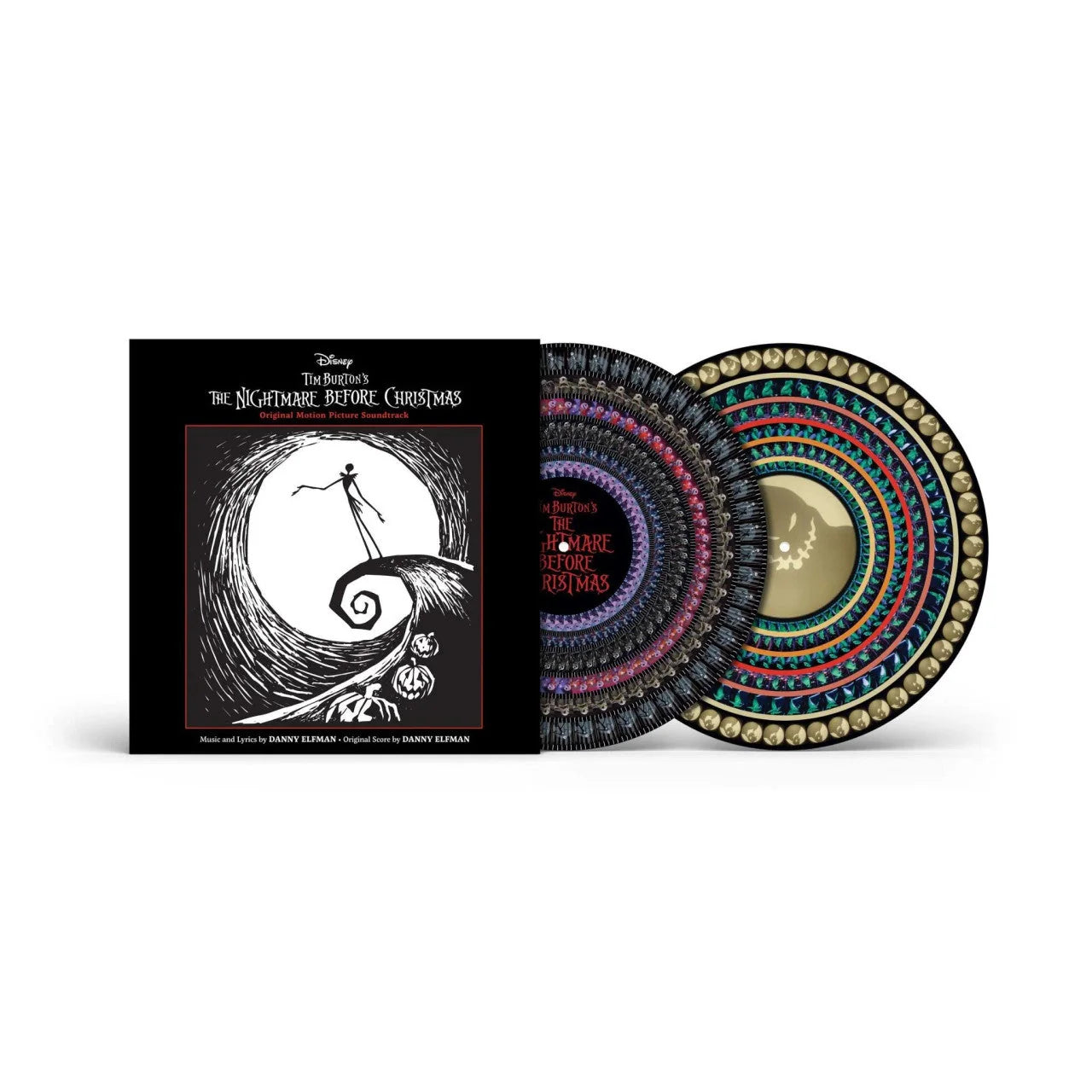
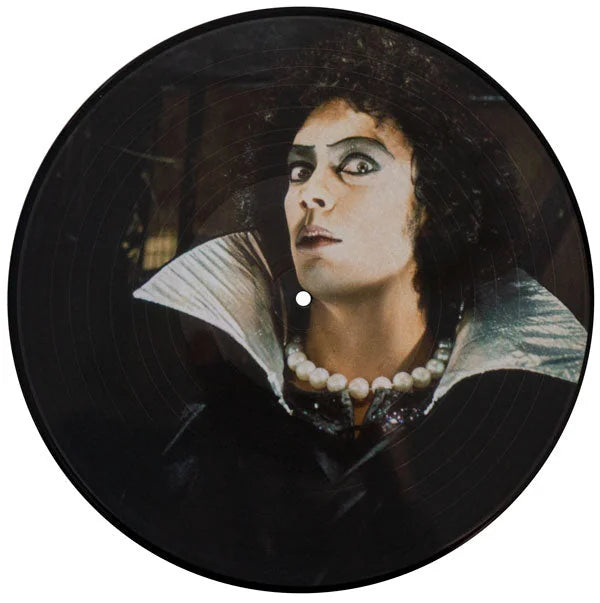
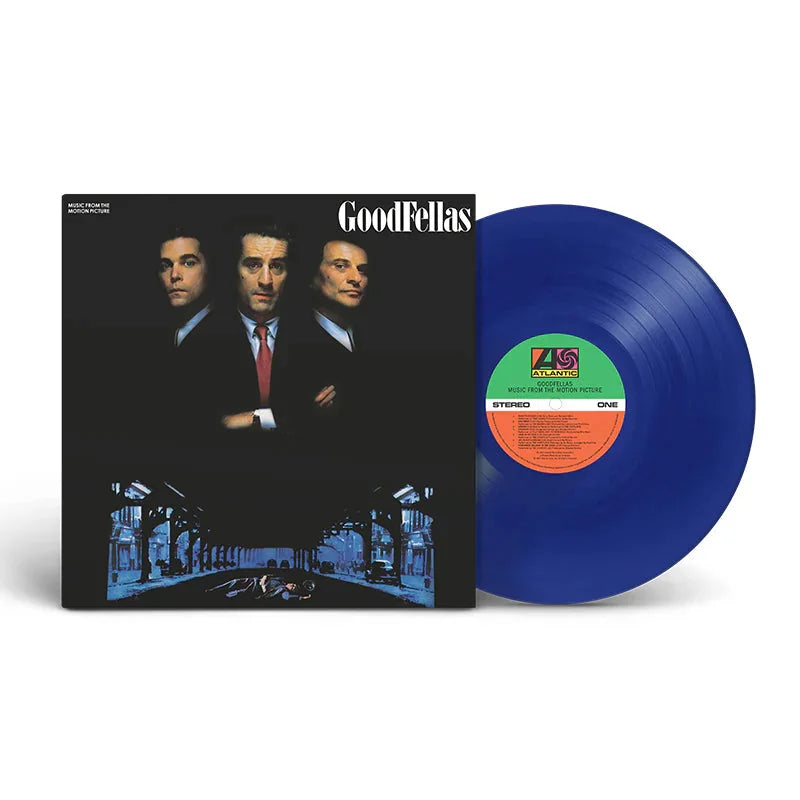








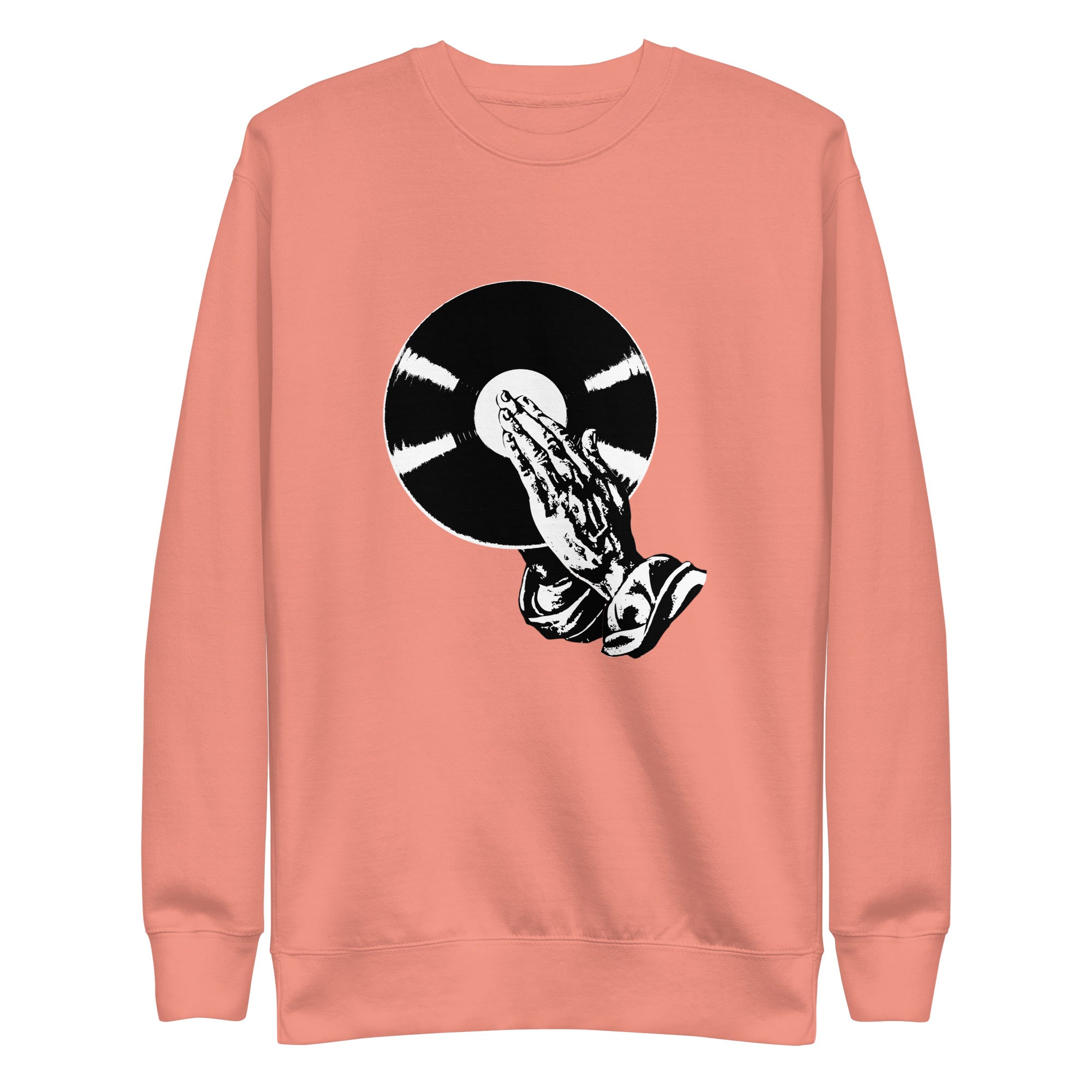



![1 Locate S - Wicked Jaw [Sky Blue]](http://vinyl.com/cdn/shop/files/4217742-2982879.jpg?v=1693273095)